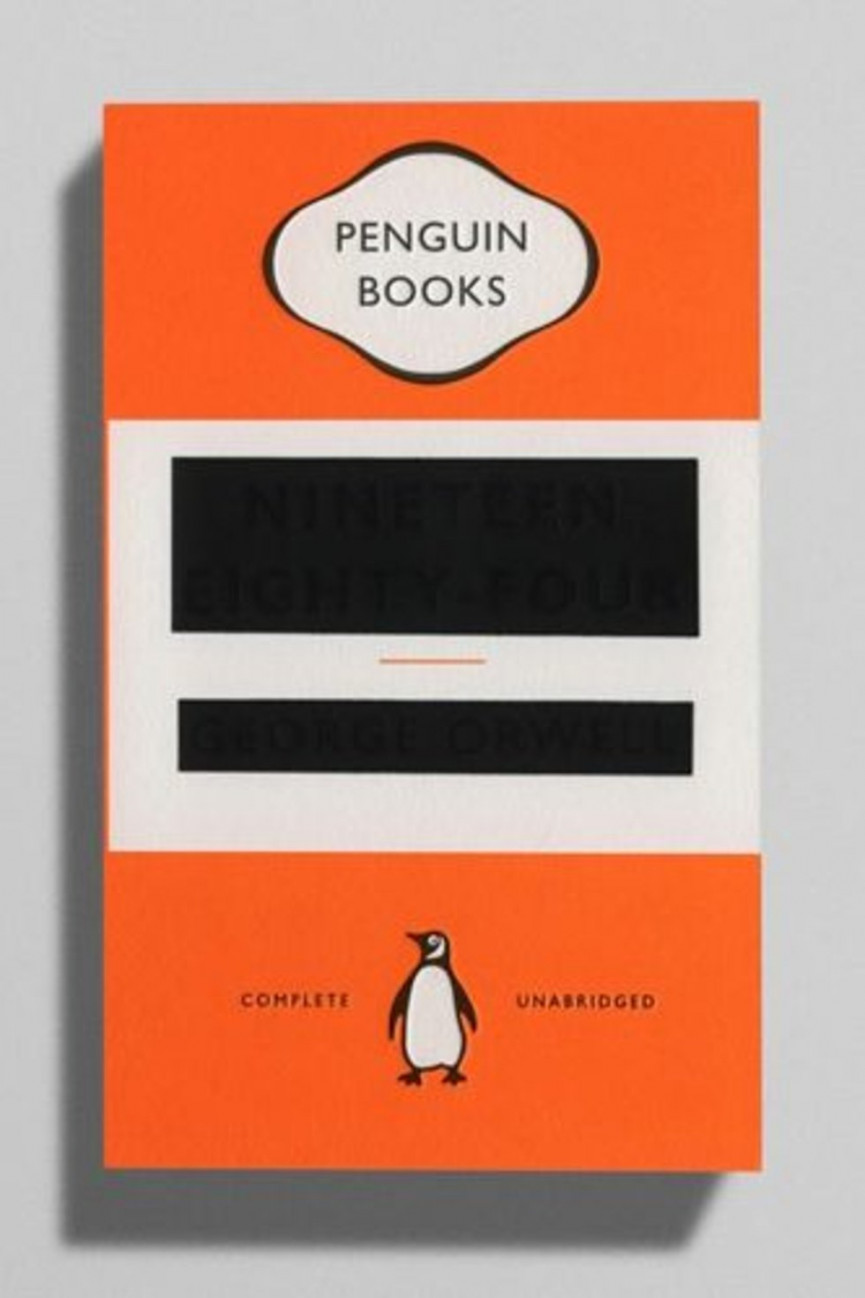
Money had changed hands while I was gone, a substantial sum by the look of things because Ma Hutton’s typical good humor had blossomed into rapture. Didn’t you? I wouldn’t be you for a thousand pounds.” I got a shivery feeling when she talked to me. Izzy must be grown now, and run away with a soldier most likely, and miss needs a new girl to beat with her hairbrush. I said, “I don’t remember a girl named Izzy.” “She’s been here before, that woman,” she said. One of the girls who had been passed over came to whisper with me in the doorway. Then I went to the room where Ma’s students sat knitting and bade them good-bye. I hadn’t much to take from the room I shared with eight other girls, except an old greatcoat someone had given me out of charity and the pattens, or wooden clogs, which we wore outside in the mud. I had no father at all, quite a failing in a little child. The one thing I held as a certainty had been dinned into my ears by angry cooks and house keepers. I could dimly recall a face when I thought of mother, although the face was so young and frightened that it confused me. Most likely it had been my mother’s name. I had been told that my surname was Aykroyd, although I knew no one else who had it. “Tabby doesn’t even know where she’s from.”īefore a kindly soul had brought me to Ma Hutton’s knitting school, I had grown up in the kitchens of big houses, polishing boots and running errands. “No relations, you said,” she reminded Ma Hutton, turning away from me. When a dog looked like that, people knew to leave it alone. “I’ve broken naught, miss,” I answered, meeting the woman’s gaze as a token I was telling the truth. “No broken bones? I must be positive on this point.” “Tabby hasn’t worked in the fields, have you, child? She’s done light work.”


“She hasn’t a scar that I recollect,” Ma Hutton said slowly, beginning to fidget with her hands. And handy! She’s stronger than she looks, and she sews a pretty buttonhole, miss.” “Tabby’s the best knitter in the school,” Ma Hutton was proclaiming.

For whom? She was a handsome woman and might once have been beautiful. I stared at the braided rag rug, thinking about the black dress. You did say you wanted to see an ugly one, miss.” “Oh, our Tabby’s no half-wit,” countered Ma Hutton.

She seemed to consider idiocy the greatest point in my favor. “I mustn’t take a half-wit, though,” she said reluctantly, as if she would like to do it. It looked cold and hard and pale, like stone. She had a sweep of thick brown hair tucked up into a bun, and she wore a somber black wool dress. She sat like a magistrate on the horse hair sofa, examining me for failings. I WAS NOT the first girl she saw, nor the second, and as to why she chose me, I know that now: it was because she did not like me.


 0 kommentar(er)
0 kommentar(er)
